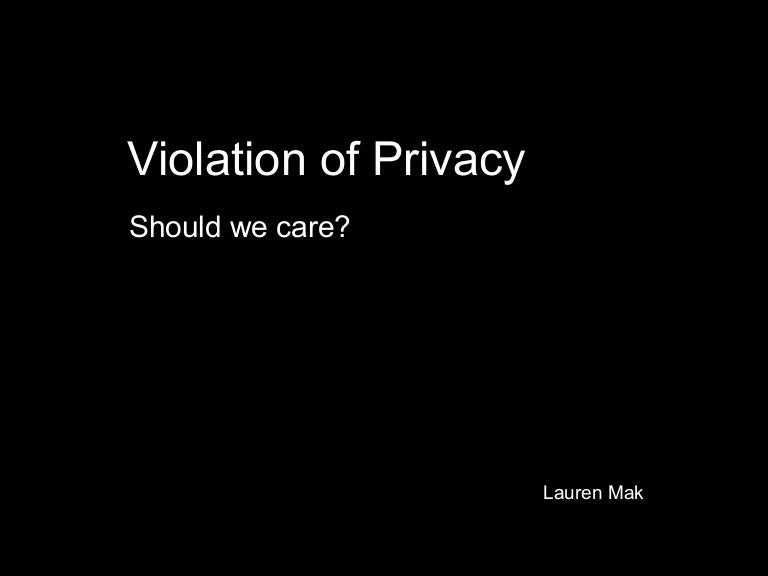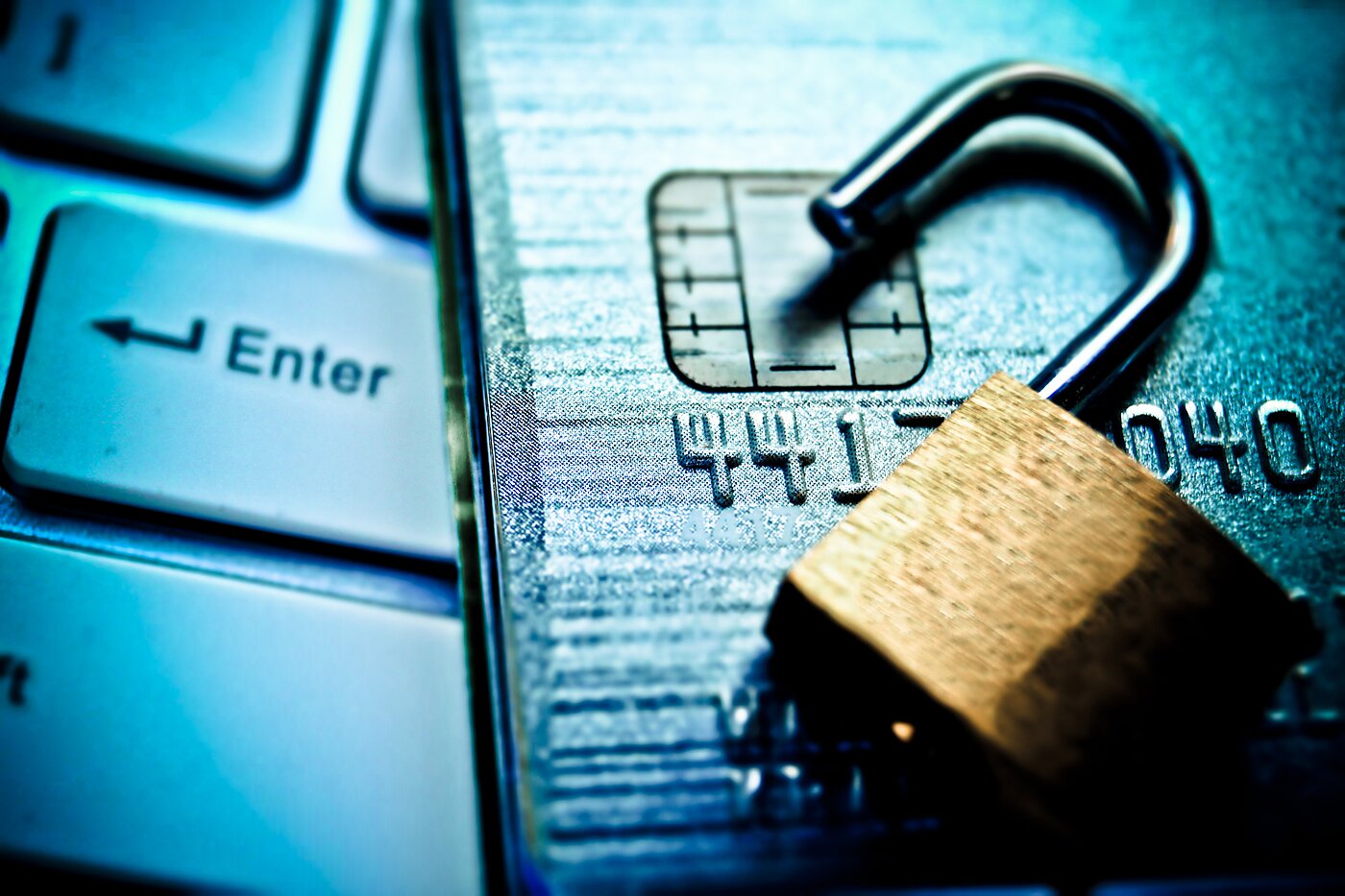Are Mugshots a Violation of Privacy? Exploring the Legal and Ethical Complexities
The stark image of a mugshot, a person’s face frozen in a moment of legal trouble, is a powerful symbol. From news headlines to social media feeds, these photographs are ubiquitous. But in an era obsessed with privacy, the question arises: are mugshots a violation of privacy? This is a complex issue with no easy answers, encompassing legal interpretations, ethical considerations, and the impact on individuals and communities. Let’s delve into the details.
The Public Record vs. Personal Information: A Delicate Balance
The crux of the mugshot debate lies in the tension between the public’s right to access information and an individual’s right to privacy. Law enforcement agencies and the media often argue that mugshots are a crucial component of transparency and accountability. They believe the public has a right to know about arrests and the individuals involved, particularly in cases of alleged criminal activity.
However, proponents of stricter privacy regulations argue that mugshots can cause significant harm, including:
- Reputational Damage: Mugshots can instantly tarnish a person’s reputation, potentially leading to job loss, social stigma, and difficulty finding housing, even if the charges are later dropped or the person is found innocent.
- Online Permanence: The internet’s long memory means mugshots can persist online for years, searchable by anyone, indefinitely impacting a person’s future.
- Misinformation and Contextual Issues: Without the context of the charges, mugshots can contribute to misinformation and prejudice.
- Exploitation by Third-Party Websites: Some websites specialize in publishing and profiting from mugshots, often charging fees to remove them, essentially holding individuals hostage.
Legal Frameworks and Variations in Mugshot Policies
The legal landscape surrounding mugshots varies significantly across jurisdictions. There is no single, universally accepted standard. Key considerations include:
- Public Records Laws: Many states consider mugshots to be public records, meaning they are accessible to the public upon request. However, some states have exceptions, particularly for cases involving juveniles or certain types of crimes.
- Data Protection Laws: While the United States doesn’t have a comprehensive federal data protection law like the GDPR in Europe, some states are enacting legislation to address data privacy concerns. This can influence how mugshot information is handled.
- Media Practices: The media plays a significant role in disseminating mugshots. News outlets often justify publishing mugshots based on the public’s right to know, but ethical guidelines vary, influencing how they approach the issue.
- Police Department Policies: Individual police departments and law enforcement agencies often have their own policies regarding the release and distribution of mugshots. These policies can be influenced by local laws, public pressure, and technological capabilities.
The Rise of “Mugshot Removal” Services
The potential for harm from mugshots has fueled the growth of the “mugshot removal” industry. These services promise to remove or suppress mugshots from online search results and websites. However, they often come with caveats:
- Cost: Removal services can be expensive, potentially burdening individuals who are already facing legal and financial challenges.
- Effectiveness: There’s no guarantee of complete removal, as mugshots can reappear on other websites.
- Ethical Considerations: Some removal services use questionable tactics, such as contacting website owners directly or using legal threats, raising ethical concerns.
The Ethical Considerations: Balancing Transparency and Compassion
Beyond the legal aspects, the ethical implications of publishing mugshots are significant. Considerations include:
- Presumption of Innocence: The legal principle of “innocent until proven guilty” is often overlooked when mugshots are widely disseminated.
- Impact on Vulnerable Populations: Mugshots can disproportionately impact marginalized communities and individuals facing mental health challenges.
- The Role of the Media: The media’s responsibility to report accurately and fairly must be weighed against the potential harm caused by publishing mugshots.
The Future of Mugshots: Potential Reforms and Ongoing Debates
The debate surrounding mugshots is ongoing, and there is no clear consensus on the best approach. Potential reforms being discussed include:
- Restricting the Release of Mugshots: Some advocates propose limiting the release of mugshots, particularly for minor offenses or before a conviction.
- Implementing “Right to Be Forgotten” Laws: Similar to the GDPR, these laws could allow individuals to request the removal of their mugshots from online platforms under certain circumstances.
- Enhancing Legal Recourse for Individuals: Making it easier for individuals to seek legal remedies against websites that publish mugshots without consent.
- Promoting Media Ethics: Encouraging media outlets to adopt more ethical guidelines for publishing mugshots, including providing context and considering the potential for harm.
Frequently Asked Questions (FAQs)
1. Are mugshots always public record?
No, the classification of mugshots as public records varies by jurisdiction. Some states have laws that exempt certain types of mugshots, such as those involving juveniles or specific crimes.
2. Can I get my mugshot removed from the internet?
Potentially, but it’s a complex process. You can try contacting the websites directly and requesting removal. You might also consider using a mugshot removal service, but be aware of the costs and limitations. Legal action may be another option.
3. Does the police have to take a mugshot?
Yes, typically, law enforcement agencies take mugshots of individuals who are arrested and booked, regardless of the charges.
4. What happens if my charges are dropped?
Even if your charges are dropped, your mugshot may still be publicly available. However, you may have grounds to request its removal from certain websites or platforms.
5. Can I sue someone for publishing my mugshot?
You may have grounds for a lawsuit, depending on the specific circumstances and the laws in your jurisdiction. This often depends on whether the publisher acted maliciously or violated your privacy rights. Consulting with an attorney is crucial to assess your legal options.
Conclusion: A Call for Responsible Practices
The question of whether mugshots violate privacy is not easily answered. While transparency and public accountability are crucial, the potential for harm to individuals is undeniable. Moving forward, a balanced approach is needed, one that respects the public’s right to information while also protecting individuals from unwarranted reputational damage and the lasting consequences of having their image widely disseminated. This requires legal reforms, ethical media practices, and a greater understanding of the complexities of online privacy in the digital age.




